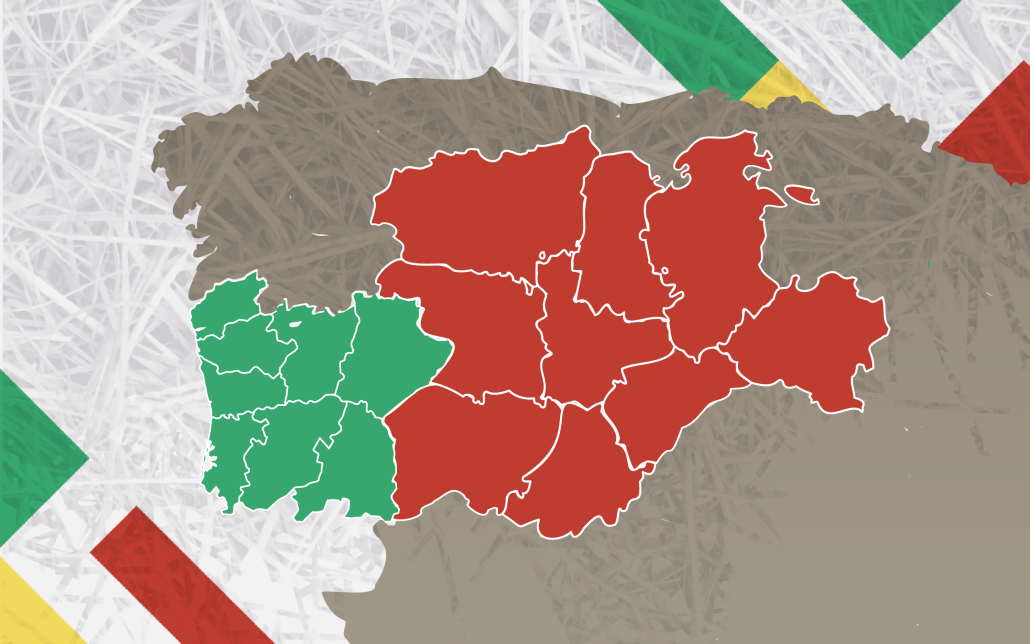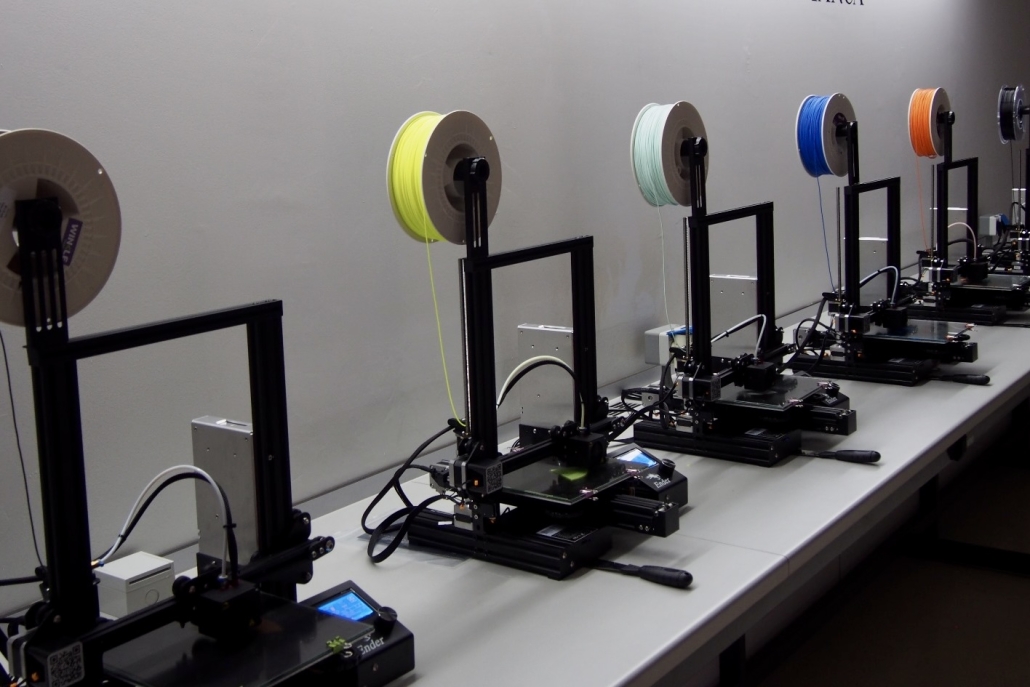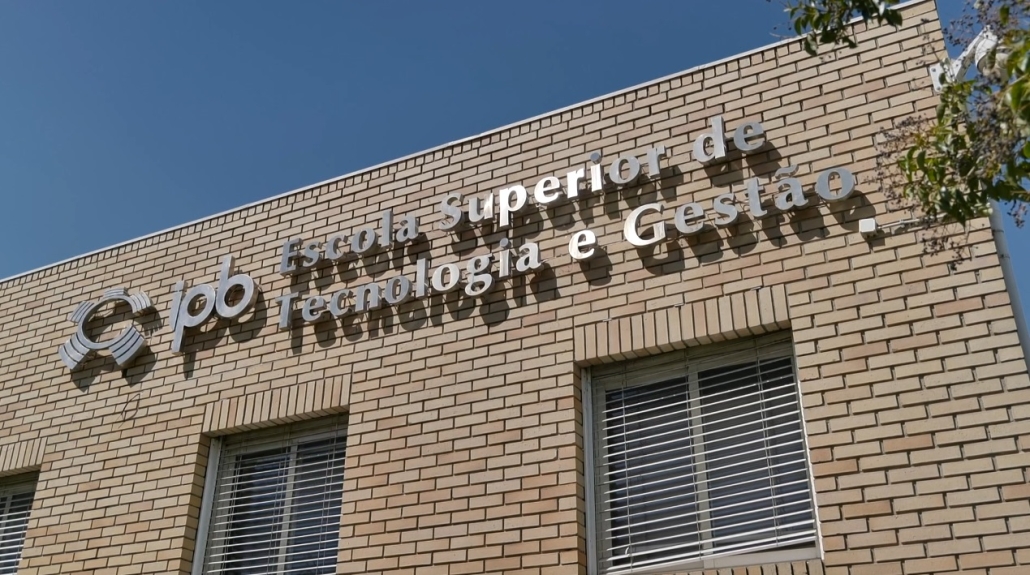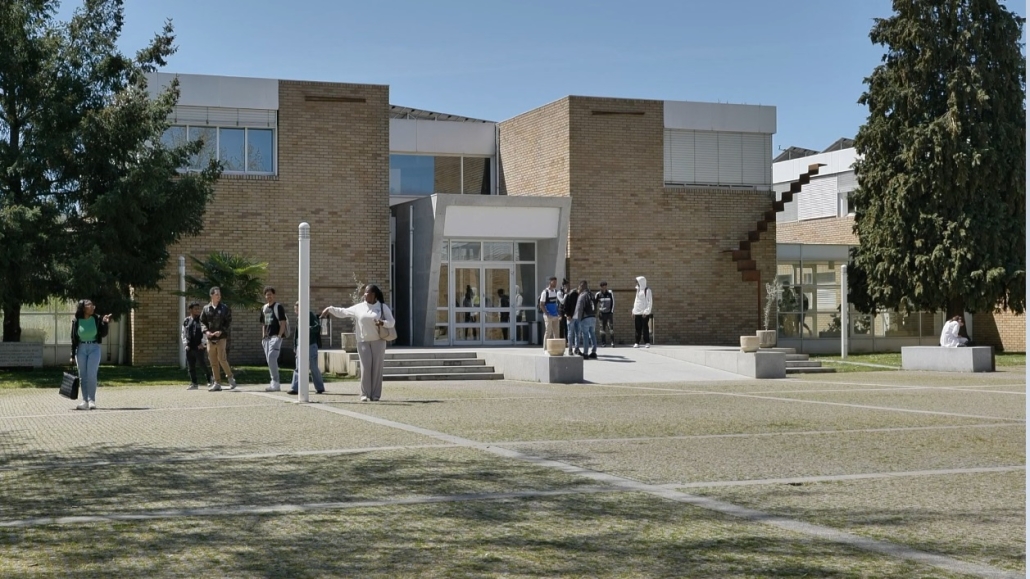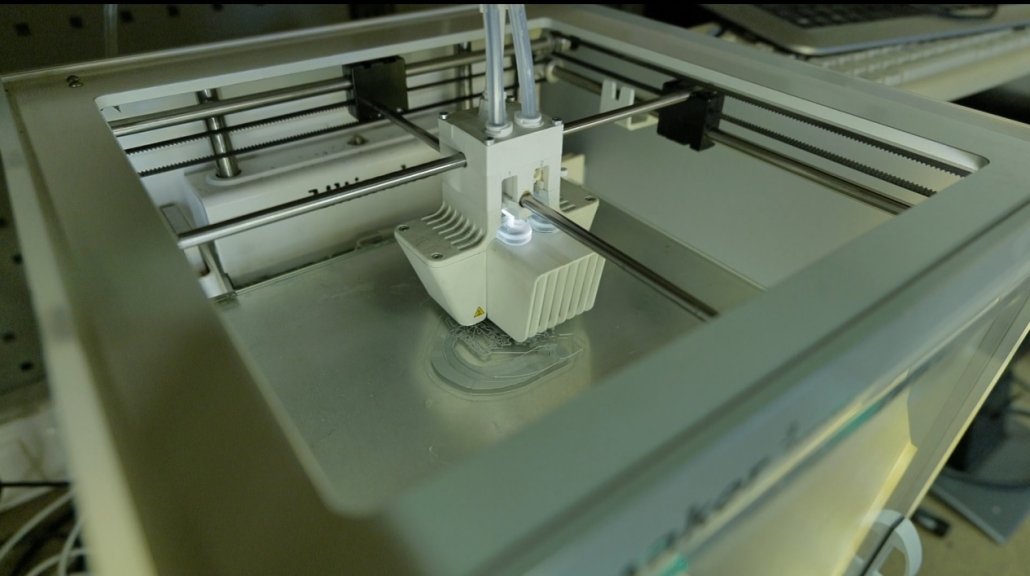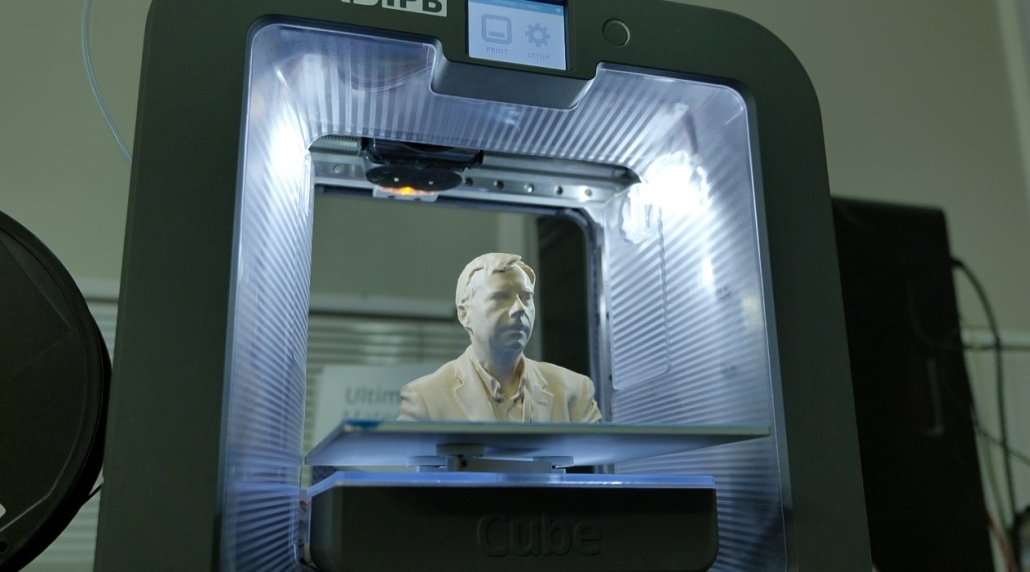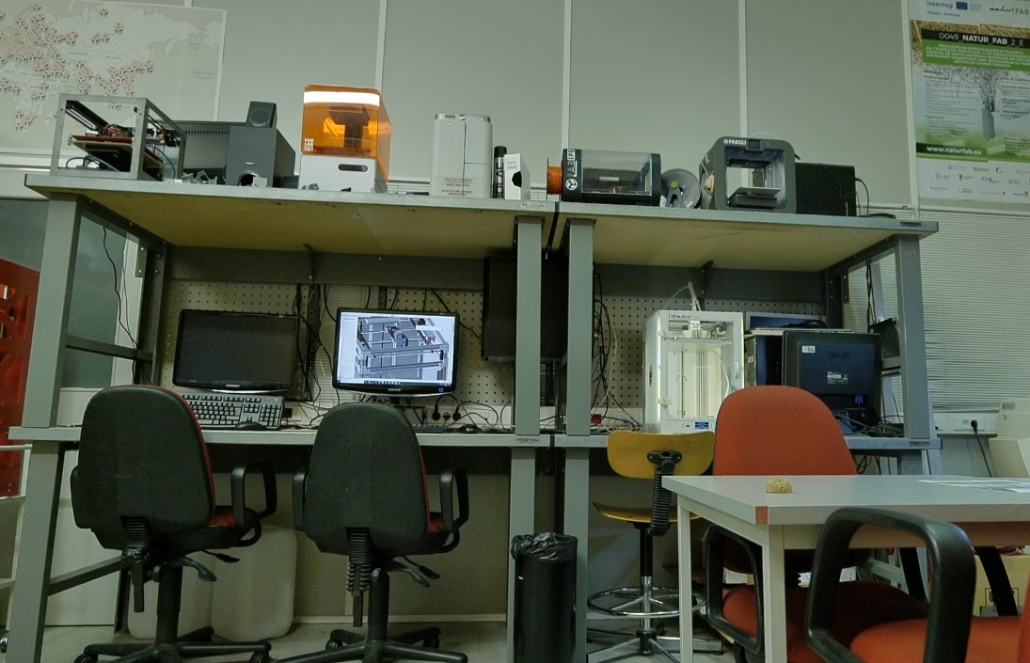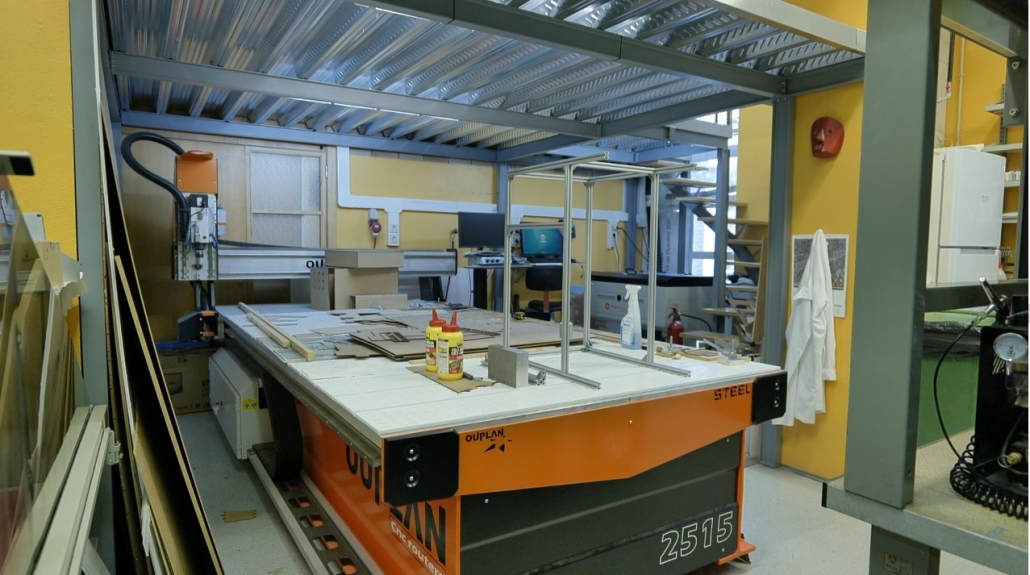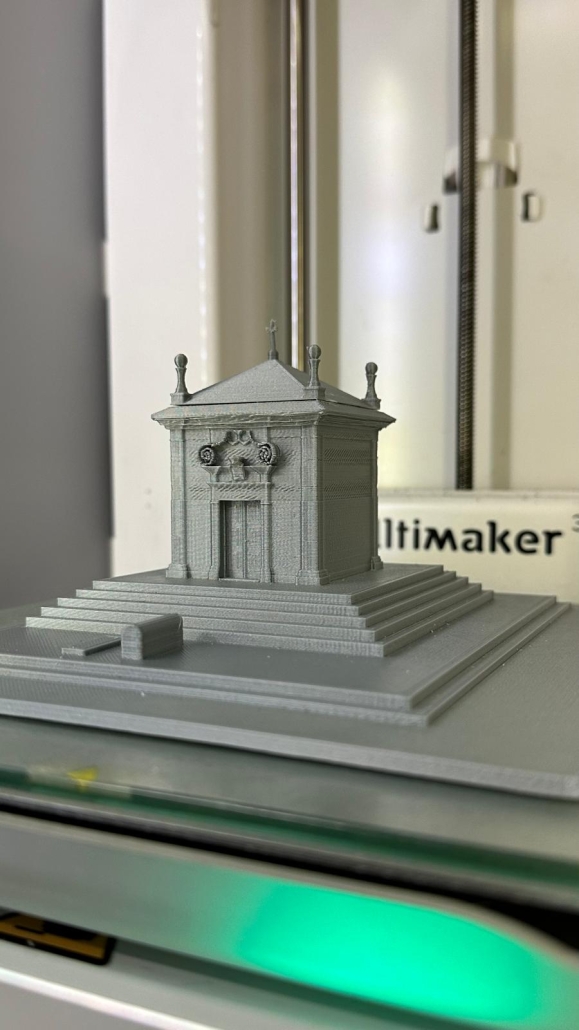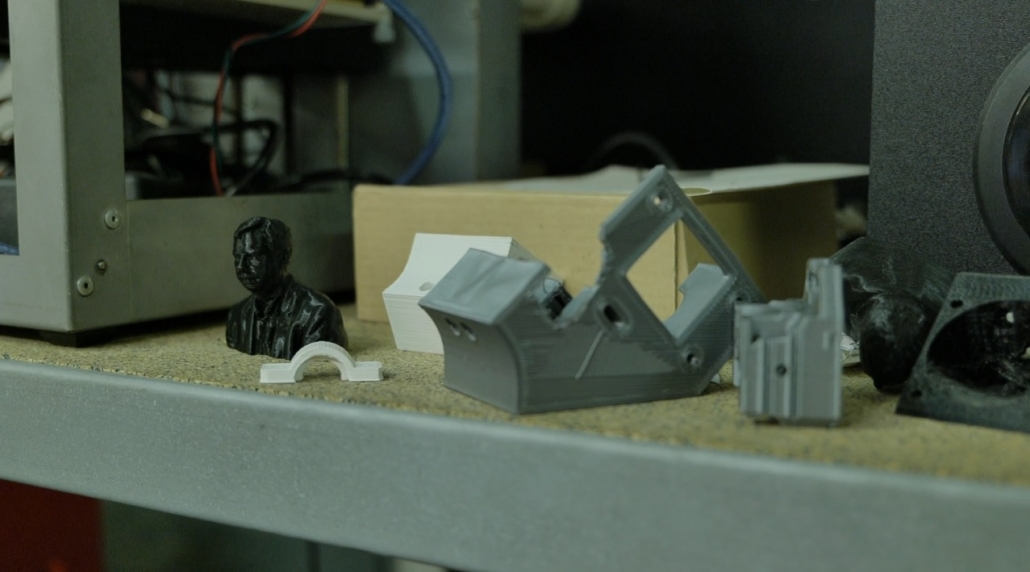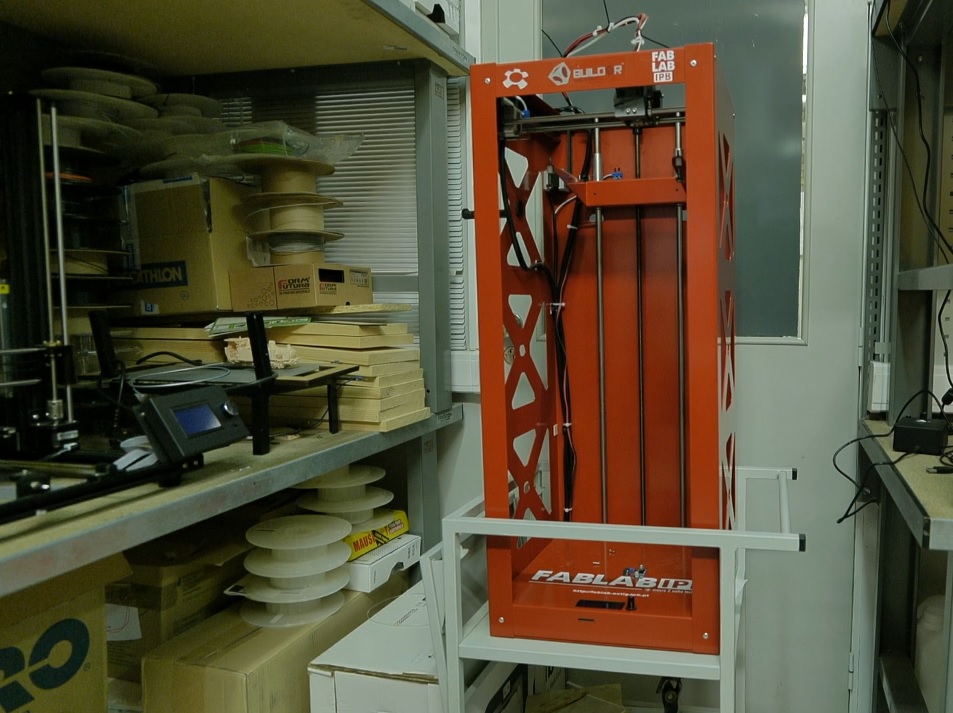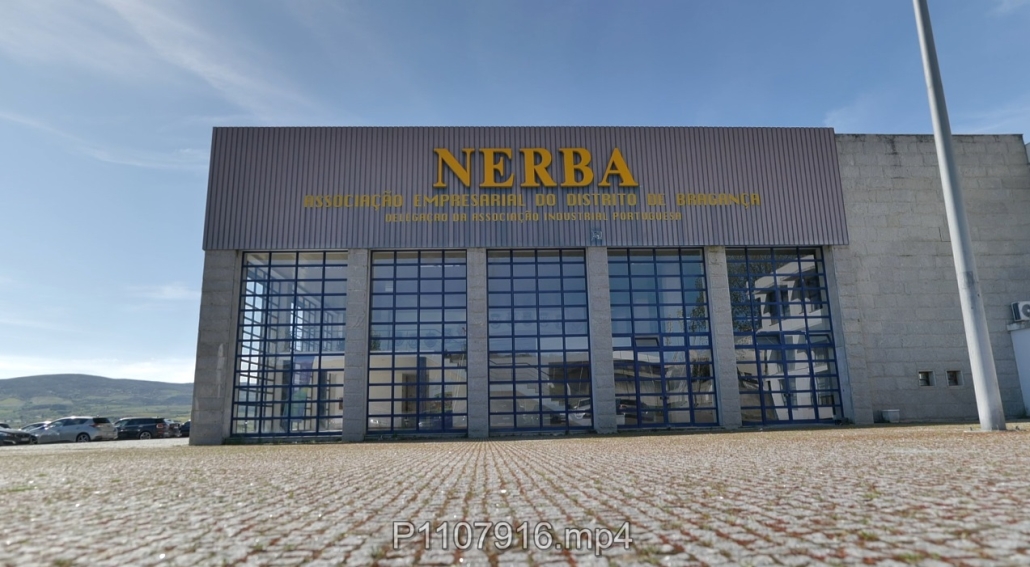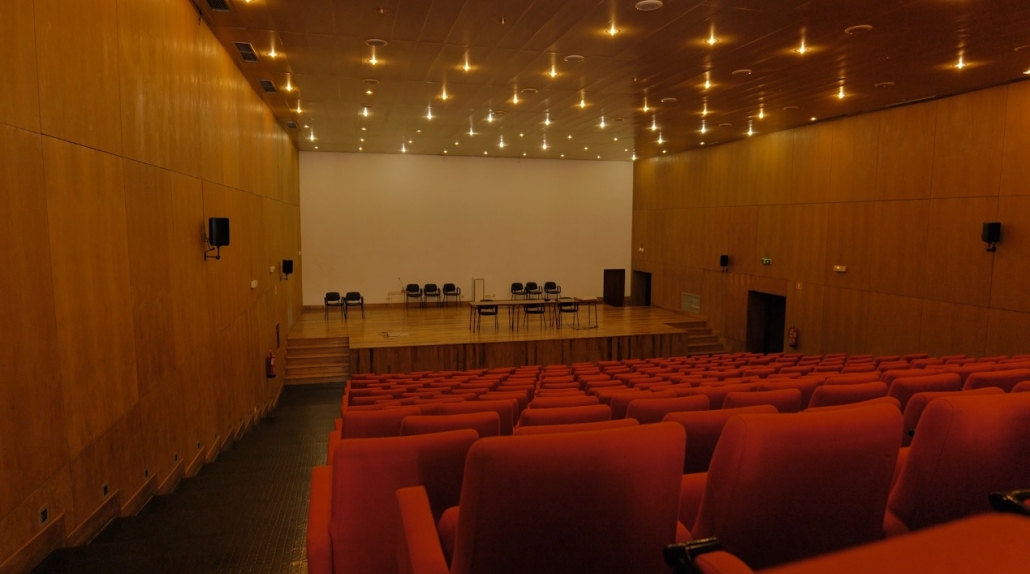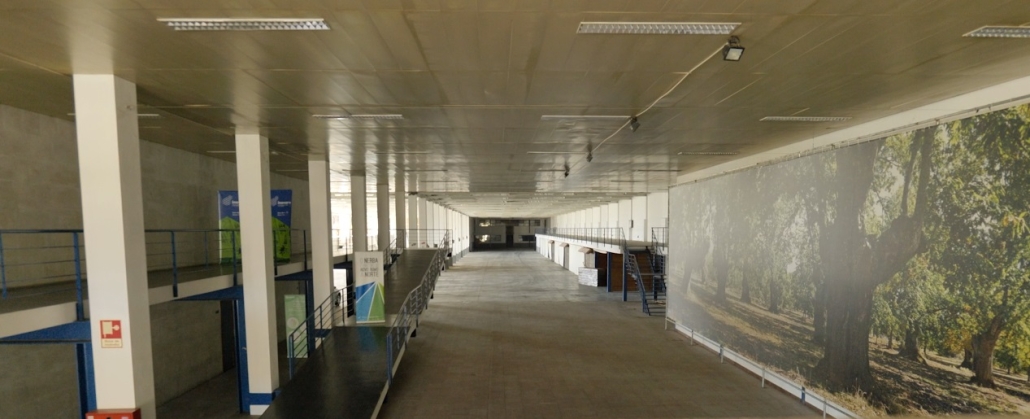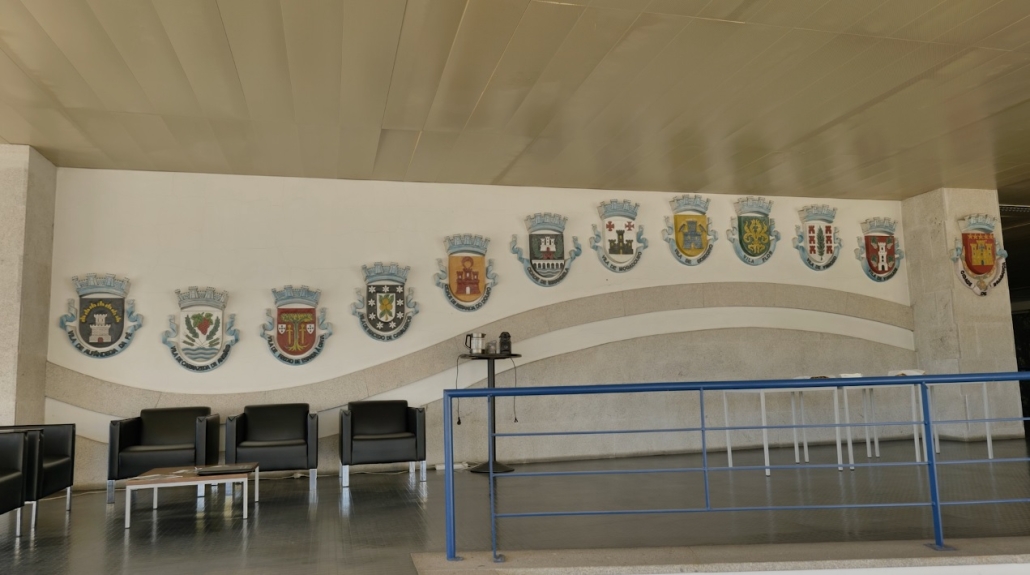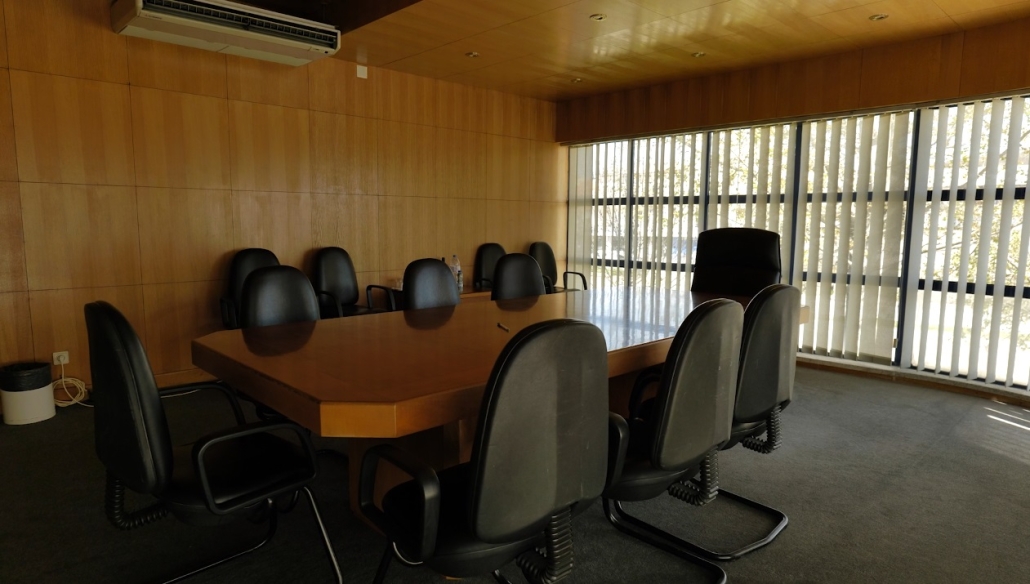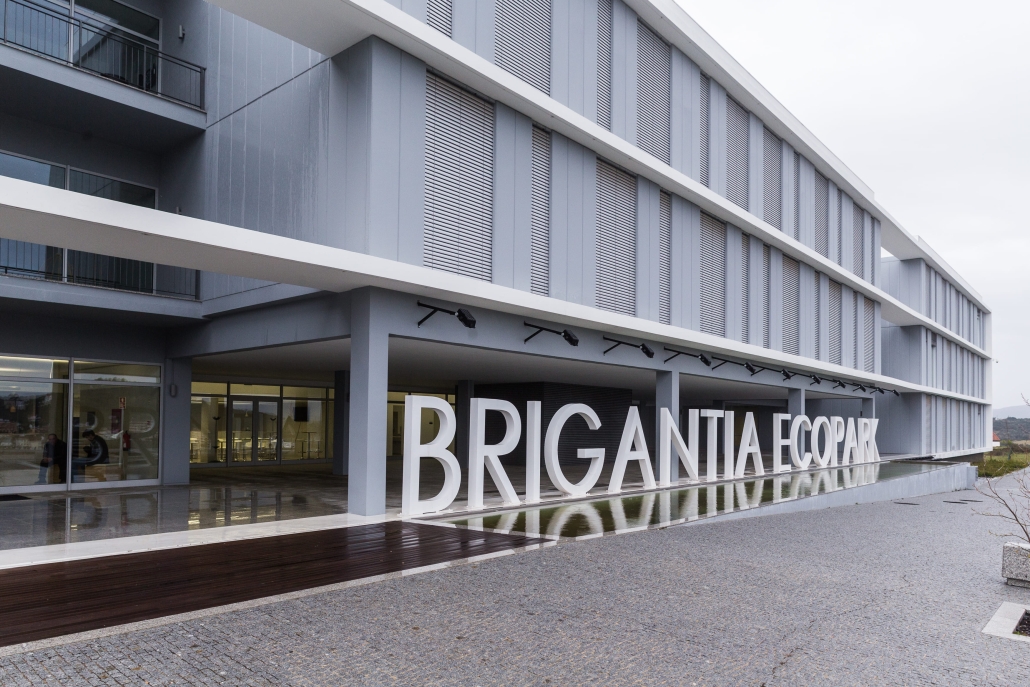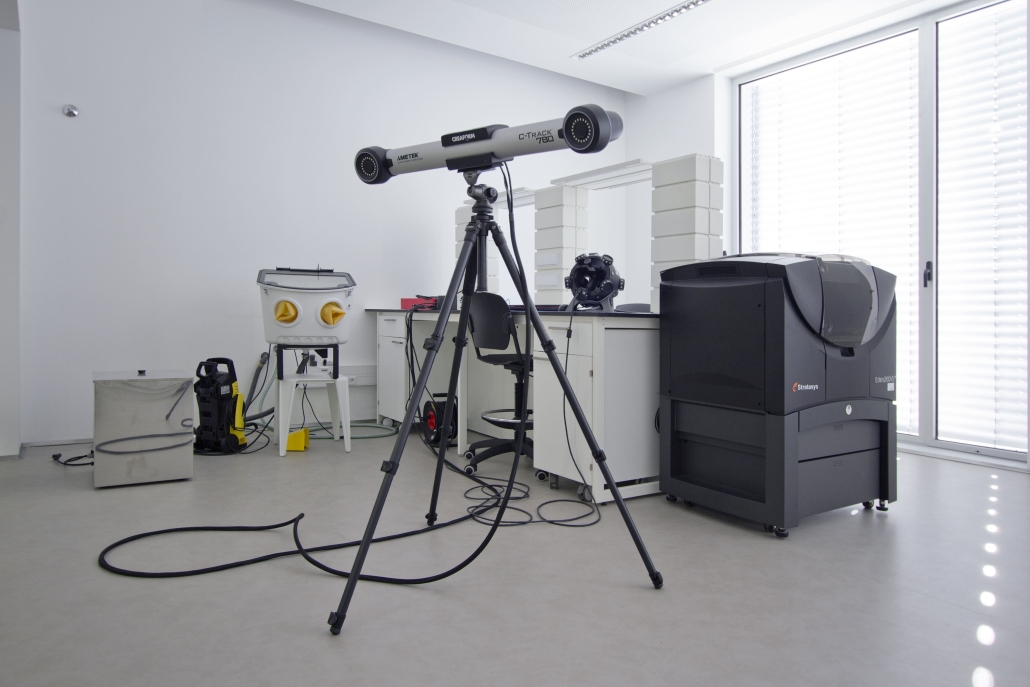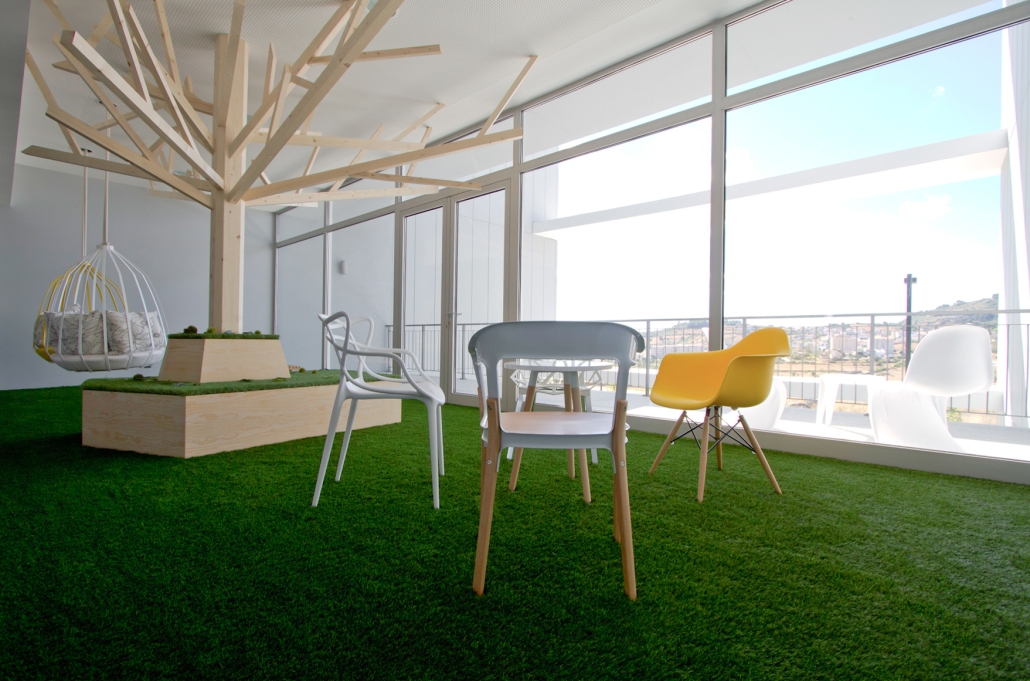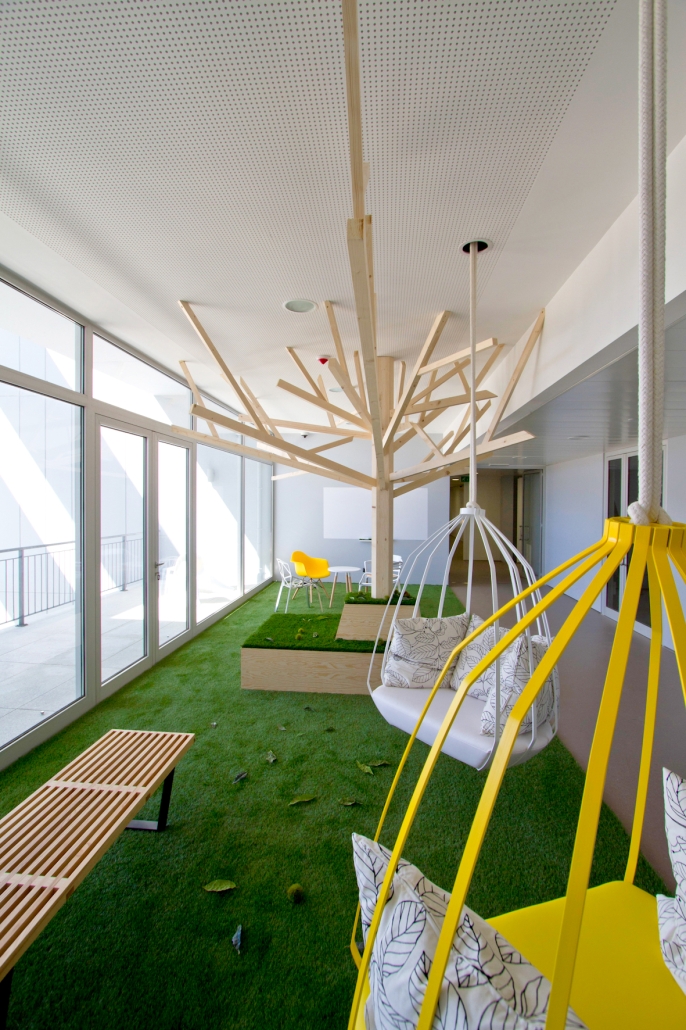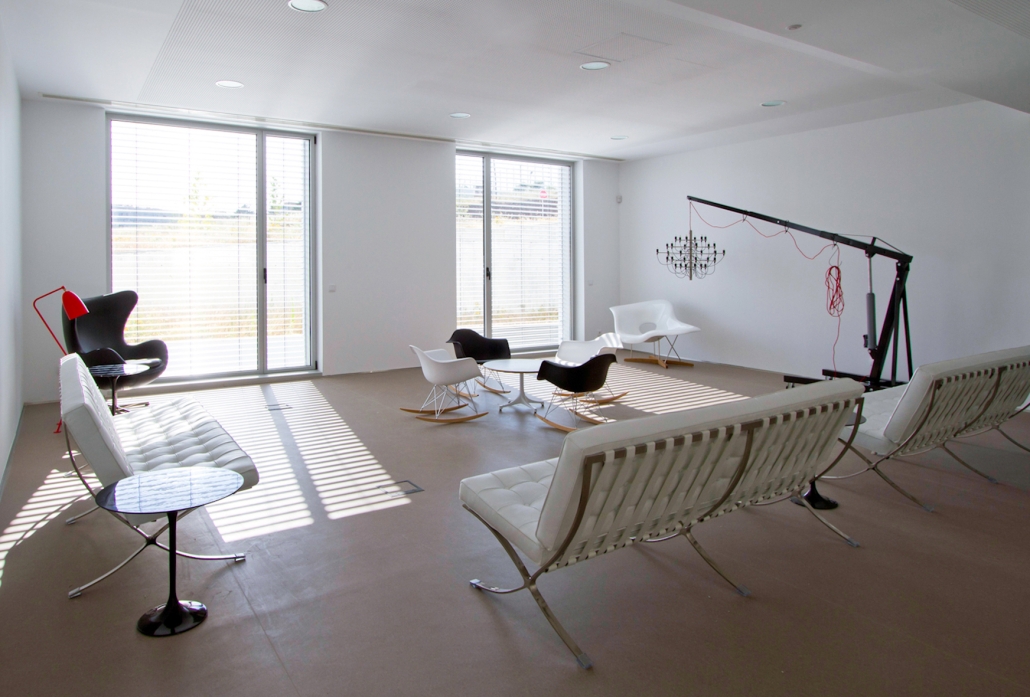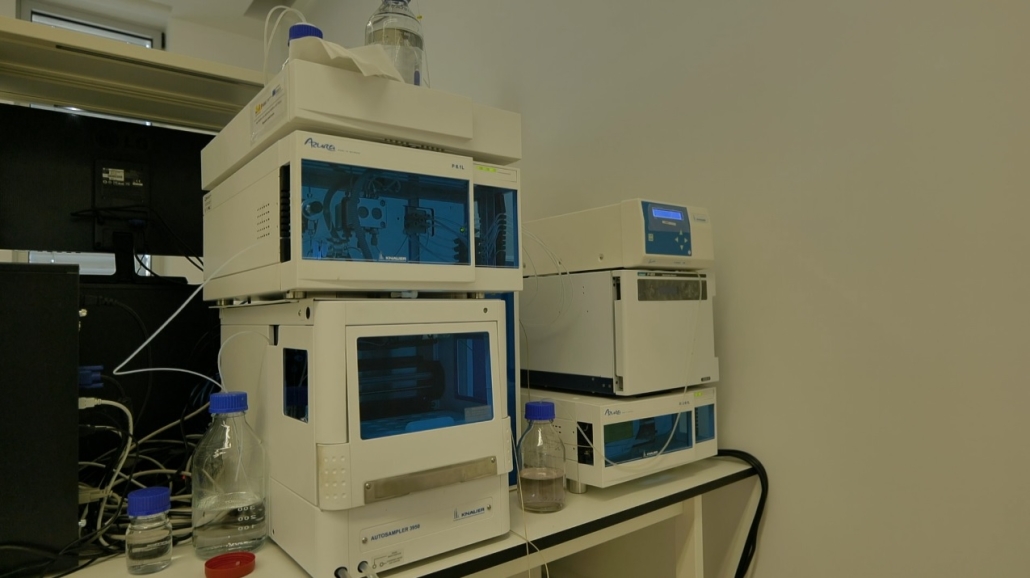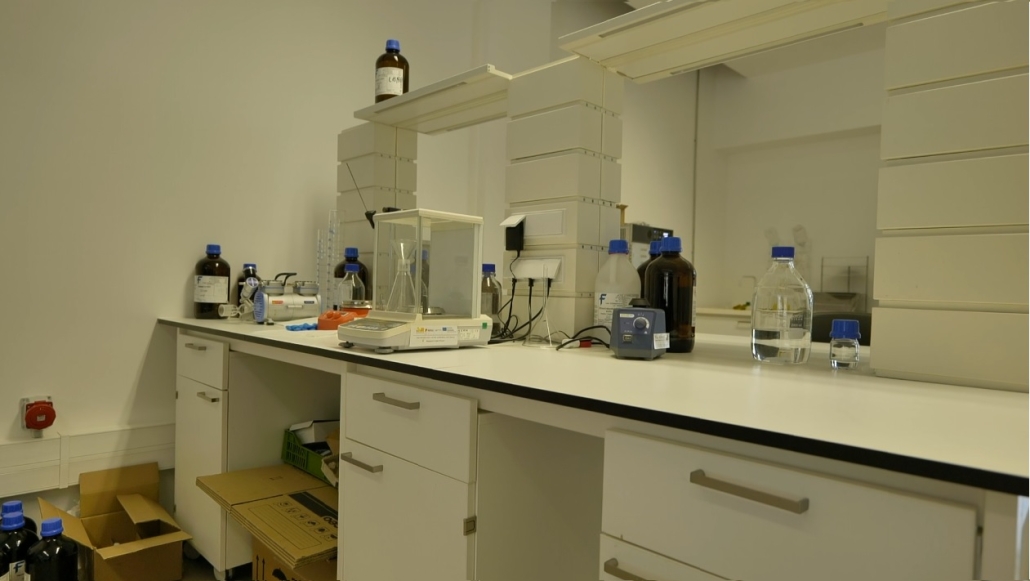The NaturFAB project is made up of eight partners, divided into three types of organisation in line with the project’s goals and the activities proposed: three renowned universities in the region with notable scientific and technical capabilities, two public authorities with marked experience in the project’s field and three business support bodies, specialised in transferring innovation and enhancing corporate competitiveness.
Fundación Universidades y Enseñanzas Superiores de Castilla y León (FUESCYL)
Universidad de Salamanca (USAL)
NERBA
Brigantia Ecopark
Cámara de Zamora
Diputación de Ávila
Universidad de León
Instituto Politécnico de Bragança (IPB)
Colegio Oficial de Peritos e Ingenieros Técnicos Industriales de Zamora
Diputación de Zamora
Fundación Cerezales Antonino y Cinia
Município de Bragança
Nagami
Beneficiary partners
University of Salamanca
The University of Salamanca is one of the world’s oldest universities with more than 800 years of rich history in the creation, promotion and dissemination of knowledge and, with the distinction of numerous historical figures having studied there, it continues to be an academic reference worldwide. The institution currently attracts around 30,000 students each year, distributed over nine campuses located in Salamanca, Ávila, Zamora, Béjar and Villamayor. These campuses are home to 26 faculties and colleges, as well as various research centres and institutes.
Although the University of Salamanca has long been recognised globally for its orientation towards the humanities, in the last century it has considerably expanded its academic scope and research work towards science and technology. One clear example of this development is the Polytechnic School of Zamora, located in the recently established Campus Viriato, where the NATURFAB project is coordinated.
The project’s principle researchers belong to the TIDOP Research Group, which forms part of the University of Salamanca. A renowned engineering research facility, it’s characterised by its multidisciplinary team made up of experts in different fields of engineering. Awarded on numerous occasions at an international and national level, the Group has been officially recognised as a Consolidated Research Unit (UIC) by the government of Castilla y León and is one of the research groups with the greatest scientific and technological output in the region.
University of León
At the University of León, the TAFI (Advanced Production and Inspection Technologies) research group has been running the 3D Printing Service and FabLab for several years, exploring the limits of additive manufacturing with industrial machines and a wide range of advanced materials (plastics, metals, ceramics and composites). Their work also explores various related disciplines, such as reverse engineering and dimensional and geometric inspection. They’ve been involved in competitive research projects at a European, national and regional level for more than 20 years, with numerous publications in manufacturing and inspection process engineering. The group is made up of a team of 13 people, 7 being permanent researchers, who are not only dedicated to advancing science and technology but also to cultivating a community of minds that are passionate about transforming imagination into tangible reality.
Zamora Chamber of Commerce, Industry and Services
Established in 1912, the Zamora Chamber of Commerce is a public corporation that serves the commercial, industrial and service interests of the province of Zamora with the aim of improving its competitiveness and promoting its growth. To this end, it offers advice, assistance and services to companies and entrepreneurs and collaborates with the public authorities. All natural and legal persons, both national and foreign, that carry out commercial, industrial or service-related activities in the province of Zamora form part of the Chamber of Commerce.
Polytechnic Institute of Bragança (IPB)
The IPB is a public institution of higher education, committed to providing high quality training and to promoting research and outreach activities with an impact on the economic, social and cultural environment.
The IPB has Research Units recognised by Portugal’s Foundation for Science and Technology (FCT), which are currently as follows: CIMO – Mountain Research Centre, CeDRI – Research Centre in Digitalisation and Intelligent Robotics, CIEB – Centre for Research in Basic Education, UNIAG – Applied Management Research Unit, CIDESD – Research Centre in Sports Sciences, Health Sciences and Human Development (Polo). New applications have been submitted for FCT approval, notably by GICoS – Research Centre in Sustainable Construction.
NERBA Business Association of the District of Bragança
NERBA is a non-profit private business association that covers the district of Bragança. It serves the public interest, aiming to promote the development of economic activities carried out within this district, in fields such as technology, finance, commerce and associations, among others. It also seeks to ensure that its members are increasingly involved in the decisions and programmes related to these activities.
NERBA’s areas of action are: Associationism and Business Support: Entrepreneurship, Cooperation and Internationalisation, Events; Information and Communication; Human Resources Skills (Professional Training, Support for the professional integration of the unemployed, Qualifica Centre, Training Consultancy for SMEs). Its strategic areas were established by NERBA’s internal bodies for the four-year period of 2023-2027.
BRIGANTIA ECOPARK Association for the Development of Brigantia EcoPark
The Science and Technology Park “Brigantia-EcoPark” is a science and technology facility that supports established companies and start-ups, both technology-based. It also has laboratory spaces to support research, development and innovation.
Brigantia-Ecopark promotes local entrepreneurship and is open to small, medium and large firms wishing to become more competitive, as well as to entrepreneurs looking to develop their business idea via its incubator.
Provincial Council of Ávila
The Council for the province of Ávila participates in this project with the intention of encouraging the primary sector to take advantage of by-products, insofar as the use of waste in innovative additive manufacturing would help to improve the sector’s competitiveness. The promotion of 3D printing in certain economic sectors would also bring about significant benefits for the companies involved. The provincial council of Ávila is therefore committed to developing business and improving the competitiveness of companies in a rural environment such as the province of Ávila.
Foundation Universities and Higher Education in Castilla y León (FUESCYL)
A public foundation linked to the region’s Ministry of Education whose founding aims include contributing towards scientific and technological development and promoting innovation in the region of Castilla y León.
To this end, it organises actions and activities aimed at coordinating, promoting, fostering, promoting, disseminating and spreading science, research, technology and innovation, as well as actions to foster, facilitate, coordinate and promote the transfer and valorisation of technology and knowledge in the education system.
Since 2008 it has been coordinating and promoting activities within the framework of the TCUE Network, which is responsible for implementing the plan of the same name and in which the 9 universities of Castilla y León participate (4 public and 5 private), together with the regional government of Castilla y León.
In the NATURFAB project, FUESCYL is mainly responsible for tasks related to communication.
Other non-beneficiary partners
NAGAMI DESIGN S.L
A Spanish start-up (Ávila) that combines design and technology to produce items of furniture with innovative properties. Applying additive and advanced manufacturing techniques and using recycled polymers as raw materials, each piece is traditionally produced. The production process combines 3D printing with robotic arms and the vision of innovative designers to create unique, affordable, long-lasting items. The company’s skillset therefore covers all the areas developed by the project: design, parameterisation and software, and industrial-scale production.
Given Nagami’s strongly innovative character, both in products and processes, the project represents a great opportunity to explore new niches in markets, products and processes. It will also bring Nagami into contact with its counterparts in the northern region of Portugal, helping to share knowledge and experience and exploit synergies on a cross-border scale.
Cerezales Antonino y Cinia Foundation (FCAYC)
A private institution aimed at developing the area and transferring knowledge to society. It carries out its work in the fields of culture, education and local development by means of exhibitions, concerts, workshops, seminars, residency projects, its own productions, co-productions with other institutions and agents, festivals, trips, routes, projects related to the study and respect for the environment and all kinds of activities typical of the knowledge society.
Its main interest in the project is to support the transfer of knowledge and innovations to local businesses and communities. Its goal is to help develop new business possibilities based on a close connection with local sources of knowledge and research.
Bragança Town Council
Over the last 20 years, the Bragança Town Council has been involved in several cross-border cooperation projects (either as a lead partner or member) as well as other initiatives and it has a Community Funds Office, staffed by a multidisciplinary team with extensive experience.
The Council is involved in the NaturFAB project as an unfunded beneficiary. Its main interest is to support local businesses and help them assimilate new, modern and sustainable technologies, in line with the area’s industrial transition strategy.
Official College of Surveyors and Technical Engineers of Zamora
This is a public corporation whose functions include organising and participating in common activities and services of a professional, assistance, welfare and similar nature that are of interest to its members. It believes that its work, which is related to the field of industrial engineering and can be eminently technical in nature, is of interest both to the profession and society at large. It has carried out numerous research projects on the industrial fabric of the province of Zamora and has the material and human resources required to collaborate with the project.
The College is interested in the project for several reasons:
- Firstly, to ensure the project is carried out applying the utmost technical and legal rigor.
- To cooperate in technical work considered essential to develop its own areas of action; work and cooperation which the College has always promoted.
- To contribute towards the use of non-polluting natural resources to produce clean energy.
- To contribute, through these initiatives, towards achieving the Sustainable Development Goals.
- To make society aware that the area has the resources required to produce clean energy.

